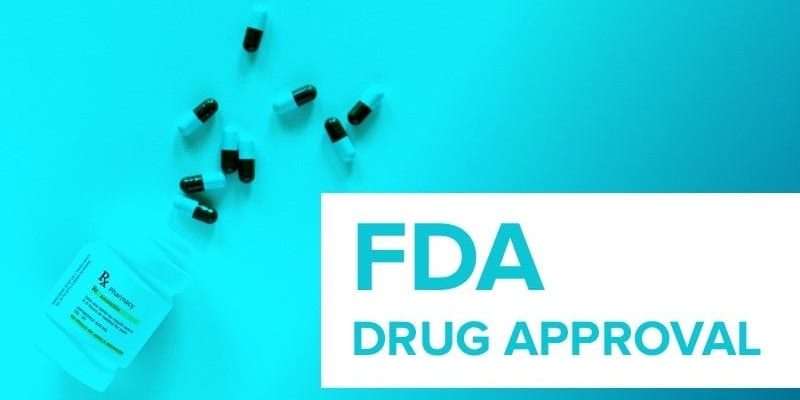The US Food and Drug Administration approved nirogacestat (Ogsiveo, SpringWorks Therapeutics, Inc) to treat progressive, unresectable, recurrent, or refractory desmoid tumors in adults.
Nirogacestat, an oral, gamma secretase inhibitor, is the first medication approved to treat desmoid tumors. These rare, non-metastatic but locally invasive soft tissue tumors are most common in premenopausal women and associated with pain and functional impairment. Standard treatment options include radiation, chemotherapy, targeted therapies, and surgery, although recurrence rates are high after surgery.
Approval was based on the DeFi trial from nirogacestat maker SpringWorks.
“Nirogacestat provided clinically meaningful improvements” for patients, company executive Jim Cassidy, MD, PhD, said in a press release announcing the results. “We look forward to the opportunity to bring this important new medicine to the desmoid tumor community.”
DeFi randomized 70 patients with desmoid tumors to nirogacestat 150 mg BID and 72 to placebo. To be eligible, tumors had to have grown at least 20% in the previous year.
At a median follow-up of 15.9 months, progression-free survival was 83% with nirogacestat vs 49% with placebo — a 71% lower risk of progression or death (hazard ratio, 0.29; P<.001)
The likelihood of being event-free at 2 years was 76% with nirogacestat vs 44% with placebo. And the objective response rate was 41% in the nirogacestat arm vs 8% in the placebo group.
There were also significant between-group differences in patient-reported outcomes, including pain, symptom burden, and health-related quality of life, as well as significant improvements in physical and role functioning on various assessments after about 10 months of treatment, with differences emerging as early as 3 months.
Across a median treatment duration of 20.6 months, the rate of grade 3/4 adverse events was 55% in the nirogacestat arm and 17% with placebo. There was one death in the placebo group due to sepsis and no deaths in the nirogacestat group.
Frequent adverse events with nirogacestat included diarrhea (84% of patients), nausea (54%), fatigue (51%), hypophosphatemia (42%), and maculopapular rash (32%). Overall, 75% of women of childbearing age (27 of 36 patients) developed ovarian dysfunction, which resolved in the majority of women.
SpringWorks is also evaluating nirogacestat for ovarian granulosa cell tumors and multiple myeloma.
M. Alexander Otto is a physician assistant with a master’s degree in medical science and a journalism degree from Newhouse. He is an award-winning medical journalist who worked for several major news outlets before joining Medscape. Alex is also an MIT Knight Science Journalism fellow. Email: [email protected].
Source: Read Full Article
